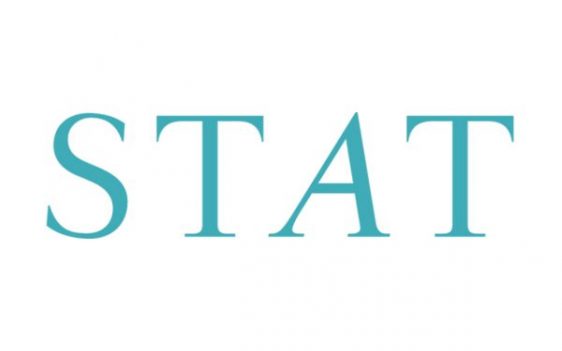Erin Dunlap Explains What the American Data Privacy & Protection Act Would Mean for Businesses in AZ Big Media
While Congress is considering the American Data Privacy and Protection Act (ADPPA), which is a comprehensive federal data privacy bill, AZ Big Media turned to Erin Dunlap for insight into what businesses can expect if the act is signed into federal law. Erin noted current federal data privacy laws lack broad applicability to today’s digital data landscape. While a number of states have passed consumer data privacy laws, the ADPPA would create national standards for personal information collected by companies and grant individuals more control over the use and disclosure of their personal information. Because ADPPA would apply to many businesses whose data practices have not been regulated at the federal level (or at all) in the past, Erin discussed the need for companies to consider the...
Read MoreRead More




